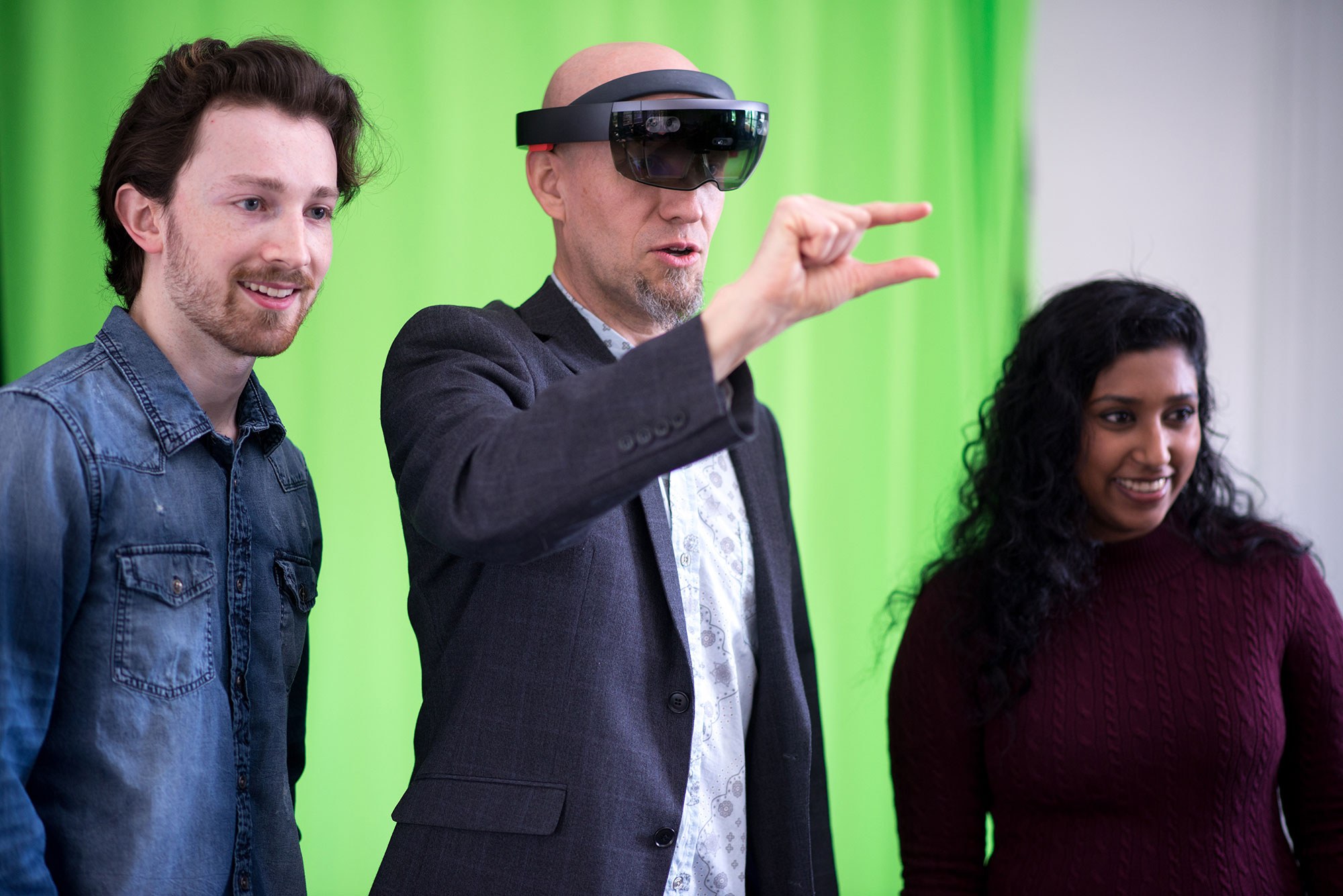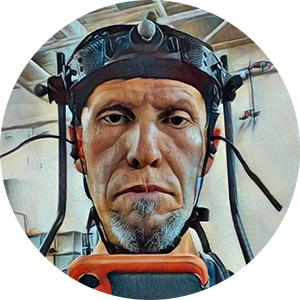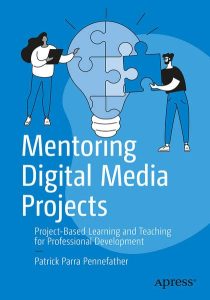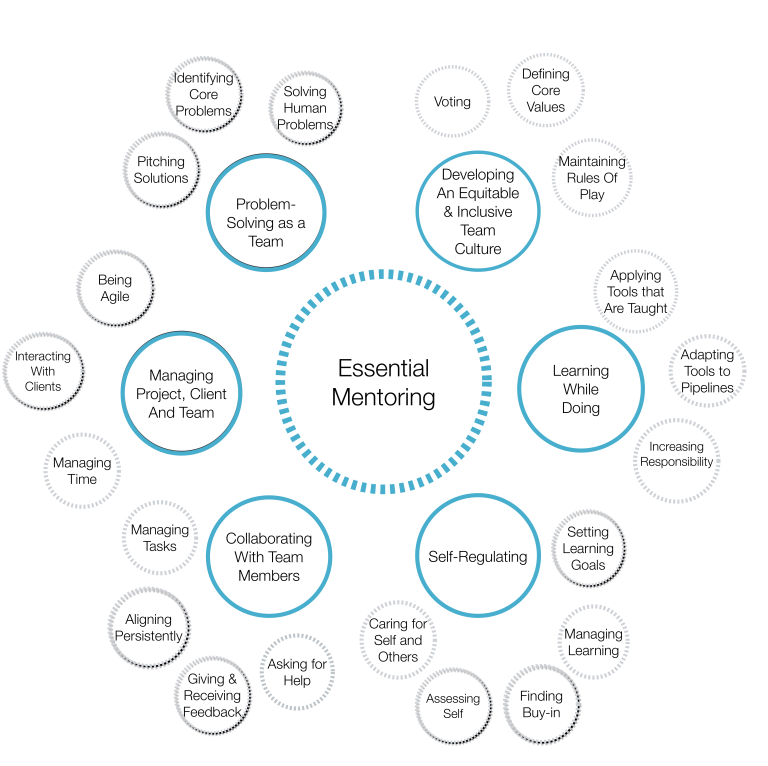

Many professionals in the creative and digital industries are keen to mentor students or those emerging in the field, but are often at a loss about the right tools and strategies to use in their approach. To address this, Assistant Professor Dr. Patrick Parra Pennefather has written a book, Mentoring Digital Media Projects: Project-Based Learning and Teaching for Professional Development to be released early in January 2023. We spoke with Patrick about his new book and his own experiences both as a mentor and a mentee.


Mentoring Digital Media Projects: Project-Based Learning and Teaching for Professional Development provides practical strategies and methodologies for professionals to mentor others to successfully develop and deliver digital media projects across different types of settings. Mentoring is a crucial but often informal part of an organization’s skill development and work flow so this book guides professionals on how to mentor junior designers, developers, and others in formal and informal learning environments.
What motivated you to write this book?


I’ve also been following the growth of new private universities and colleges in Vancouver that are increasingly addressing a knowledge gap between what students learn in traditional academic environments and what the digital media industry is looking for in new recruits. I realized that a Project-based learning (PjBL) guide for industry professionals who require support in translating what they know into teaching and learning interactions, especially in post-secondary environments would be useful.
Finally, more established universities are also looking to address this knowledge gap but may not have the people in place to develop new curriculum to address the current skills and competencies required by a rapidly changing digital media industry. Enter the industry professional whose body of knowledge is relevant to current needs, and who is interested in teaching as an adjunct or sessional instructor. A key approach this book takes is that learners interested in the gaming, VFX, animation or xR industries can better prepare by taking courses whose outcomes cover a range of competencies anticipated by a mostly team-based digital industry. Some of these include collaboration and communication, problem-solving, creativity, self-management and social responsibility.
Tell us about an outstanding mentor of yours?
Outstanding mentors have never told me precisely how to solve a problem. They provided enough room for me to fail productively and challenged me to revise how to learn. I’ve had my fair share of grumpy mentors too! They taught me resilience and goal-setting. I’ve had mentors who constantly question what I do and why I do it. They taught me how to think as a designer would—to get to the root of a problem through iterative attempts to solve it. And, I’ve had mentors who have listened, provided positive affirmation and then asked me to try again. Each mentor interaction has been unique and has taught me the value of being fully present in each moment.


What do you enjoy most about mentoring?
I describe most of the teaching and learning interactions that I engage in as mentoring. For me it is a process—a constant attention to facilitating learning and then getting out of the way, being present to remind mentees that there are different ways to learn and to explore them, and acknowledging that the intelligence in the room combined will always be greater than the individual.
Meaningful experiences in mentoring are those aha moments that I have had the privilege to witness, where someone ‘gets’ it—not necessarily the problem at hand, but that through their own consistent effort they can take ownership over their own design process and solve problems fearlessly.
Are there any crossovers into theatre and performance making with this book?
Any instructor managing a process of co-constructing a project will find the tools presented in this book useful. While the project outputs, timeline, and scope may be different, there are still processes that those engaged in theatre production can learn from. These include emphasizing an iterative process, prioritizing, managing tasks over time, persistent communication, prototypes development, and encouraging a more circular collaboration where hierarchies are dissolved and leadership is shared.


